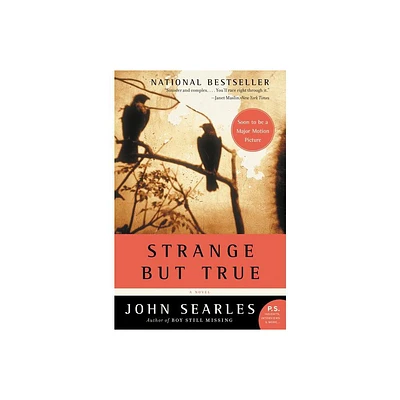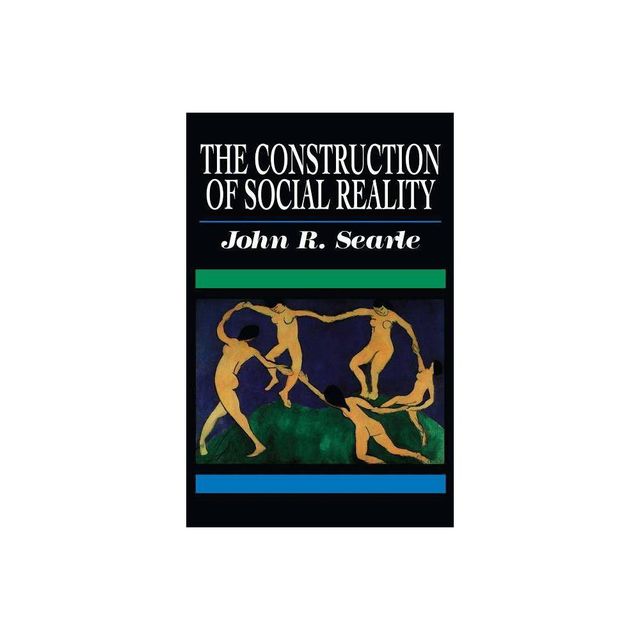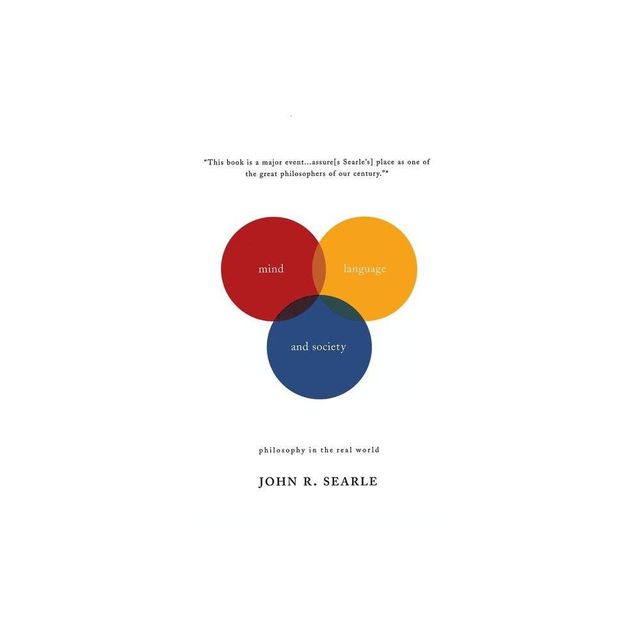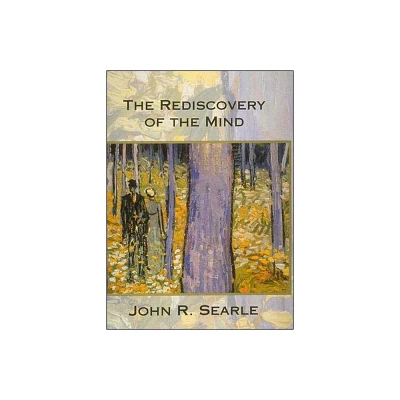Home
Conversations with John Searle
Loading Inventory...
Barnes and Noble
Conversations with John Searle
Current price: $35.85


Barnes and Noble
Conversations with John Searle
Current price: $35.85
Loading Inventory...
Size: Paperback
*Product Information may vary - to confirm product availability, pricing, and additional information please contact Barnes and Noble
These interviews with John Searle arguably today's most influential living analytic philosopher cover a wide scope. Among the topics discussed are: the Philosophy of Language, the Theory of Mind, and the nature of the social world. With a transparent and precise style, Prof. Searle reconstructs the different stages in the development of Speech Acts Theory. He also sums up twenty years of debate about the Chinese Room Argument, which he uses to challenge those Artificial Intelligence scholars who claim that the brain is a digital computer. As Searle himself points out, some of the hypotheses eloquently posited during the conversation about fields like as aesthetics, political theory, and modal logic are not published elsewhere.In easy-to-read, colloquial question-and-answer style, this volume includes many fascinating personal and historical details about Searles years at Oxford, his commitment with the Free Speech Movement, his forty years of experience as a professor at Bekeley, and his intellectual exchanges with scholars such as John Austin, Michel Foucault, and Jacques Derrida.Prof. John Searle is Mills Professor of the Philosophy of Mind and Language at the University of California (Berkeley, California, USA). He is the author of Speech Acts: An Essay in the Philosophy of Language (1969), Intentionality: An Essay in the Philosophy of Mind (1983), Minds, Brains and Science (1984), The Construction of Social Reality (1995), among many other books and articles. Gustavo Faigenbaum graduated from the University of Buenos Aires, Argentina, and obtained his Ph. D. in Philosophy at the New School for Social Research, New York, USA. He is Professor at the University of Palermo (Buenos Aires, Argentina) and researcher at the National Council for Scientific Research (CONICET Argentina).


















